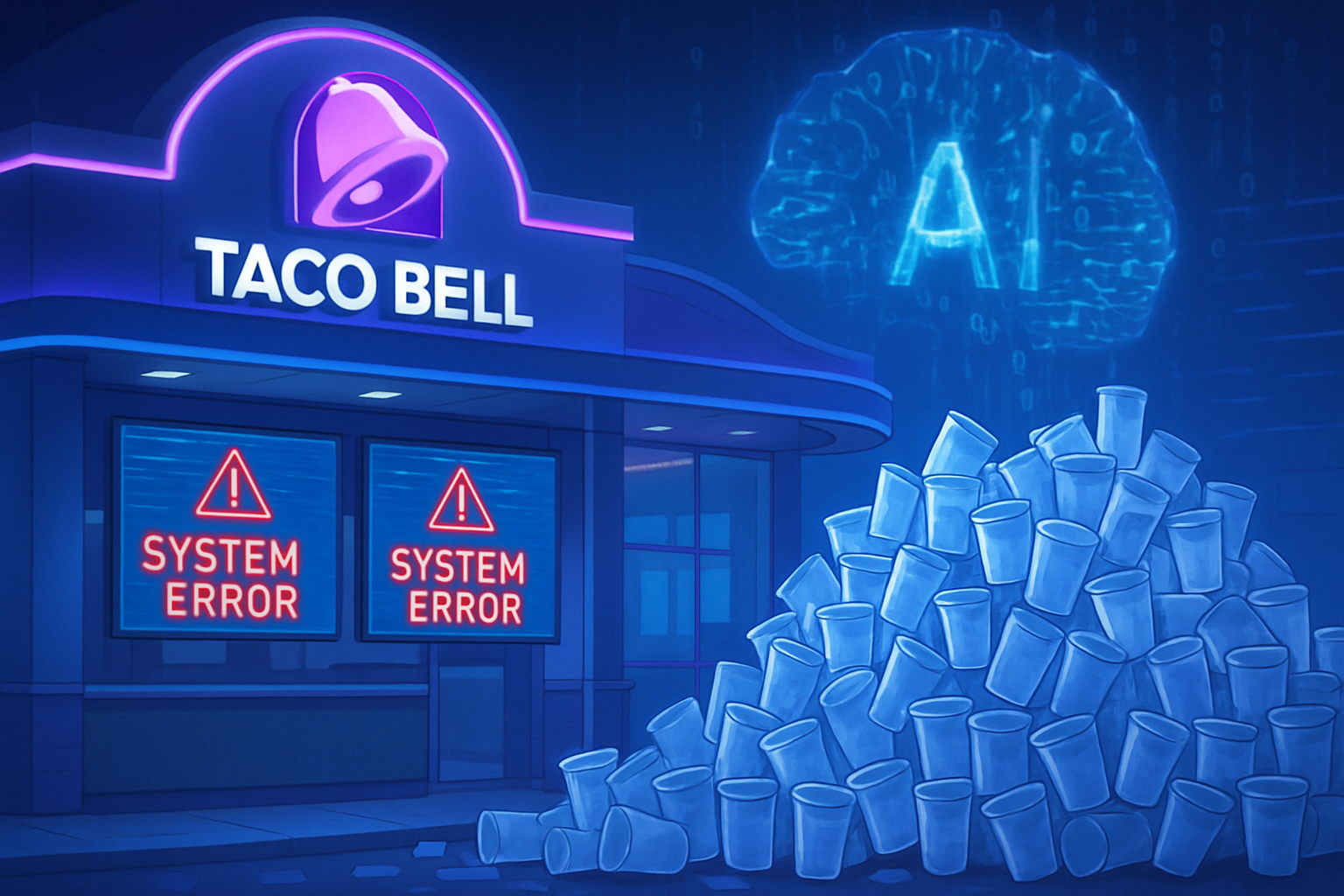Nvidia, a major player in the technological ecosystem, boldly invests in *the future of synthetic data* by acquiring Gretel. This startup, specialized in data synthesis, paves the way for paradigm-shifting innovation in artificial intelligence. Significantly, Nvidia strengthens its empire in response to the shortage of quality data. By integrating Gretel’s technologies, *Nvidia* redefines the boundaries of AI and addresses contemporary challenges. A true technological advance, the acquisition enriches the company’s machine learning toolset, enabling exploration of new avenues.
Nvidia acquires Gretel: a strategic move
NVIDIA has recently finalized the acquisition of Gretel, an American startup specializing in synthentic data. According to reliable sources, the operation is valued at over 320 million dollars. This acquisition aligns with NVIDIA’s clear intention to strengthen its position in a rapidly expanding market, where demand for quality data for artificial intelligence is increasingly urgent.
The rise of synthetic data
With the proliferation of AI applications, the quest for relevant data has become a major challenge. Faced with this shortage of real data, synthentic data emerges as an innovative solution. With its expertise in this field, Gretel enables NVIDIA to broaden its technological portfolio. This startup produces artificially generated data, thus providing the opportunity to train AI algorithms effectively.
A response to data quality challenges
Gretel’s data system allows for the creation of diverse datasets necessary for training AI models. NVIDIA’s Omniverse platform, designed to enhance artificial intelligence, will directly benefit from Gretel’s advancements. The need for high-quality data has never been more pressing, and NVIDIA’s response is centered around this acquisition.
Innovation and future in the AI ecosystem
The acquisition of Gretel also charts a new path for innovation within the NVIDIA ecosystem. The goal is to integrate Gretel’s expertise into the Omniverse ecosystem, thus allowing the development of increasingly powerful tools for the AI industry. The collaboration between the two entities could lead to revolutionary products, thereby improving the efficiency of machine learning processes.
Financial perspectives and strategic implications
Analysts have forecasted a multiplication of NVIDIA’s revenue, which could reach up to 114 billion dollars by 2025. This outcome would be largely supported by the integration of Gretel and its synthetic data solutions. In the short term, the financial impact of this acquisition will enhance innovation while stimulating revenue growth.
Technology giants on the lookout
The acquisition of Gretel not only consolidates NVIDIA’s position. Other technology giants, such as Google and OpenAI, are also heavily investing in this burgeoning sector. These companies compete ingeniously to leverage synthetic data while simultaneously addressing the shortage of real-world data. NVIDIA bets on this trend to solidify its leadership position.
Conclusion on the impact of the acquisition
The takeover of Gretel exemplifies NVIDIA’s enthusiasm for the future of synthentic data. The ramifications of this strategy will be felt in both product development and in strengthening the learning environment for AI. Experts anticipate a revolution in the field, propelled by this strategic acquisition. The coming months will undoubtedly be crucial in assessing the impact of this initiative on the tech market.
Frequently asked questions about Nvidia’s acquisition of Gretel
Why did Nvidia decide to acquire the startup Gretel?
Nvidia acquired Gretel to strengthen its position in the market for synthentic data and to address the shortage of quality data available for training artificial intelligence models. This acquisition is part of an ongoing innovation strategy in the AI field.
What is Gretel’s role in Nvidia’s ecosystem?
Gretel brings its expertise in generating synthentic data, which will allow Nvidia to develop new tools and applications to enhance AI learning, particularly through its Omniverse platform.
How will the synthetic data generated by Gretel help AI applications?
The synthentic data created by Gretel will provide enriched and diverse datasets, reducing bias and improving the performance of AI algorithms while avoiding the challenges associated with real data collection.
What impact will this acquisition have on AI development in the industry?
This acquisition will accelerate the development of AI solutions across various sectors, such as automotive, robotics, and more, by facilitating access to relevant training data without depending on real data that is often difficult to obtain.
How much did Nvidia pay to acquire Gretel?
Nvidia reportedly paid more than 320 million dollars to acquire Gretel, a significant investment that reflects the growing strategic importance of synthentic data in the technological landscape.
What are the future prospects for Nvidia and Gretel?
With the integration of Gretel, Nvidia plans to expand its AI and synthentic data capabilities, positioning the company as a leader in innovation and digital transformation across sectors utilizing artificial intelligence.
What practical applications of synthetic data could emerge following this acquisition?
This acquisition could lead to practical applications in computer vision, real-time simulation, and the creation of AI models for various environments, thereby enhancing the efficiency of AI systems in real-world applications.






